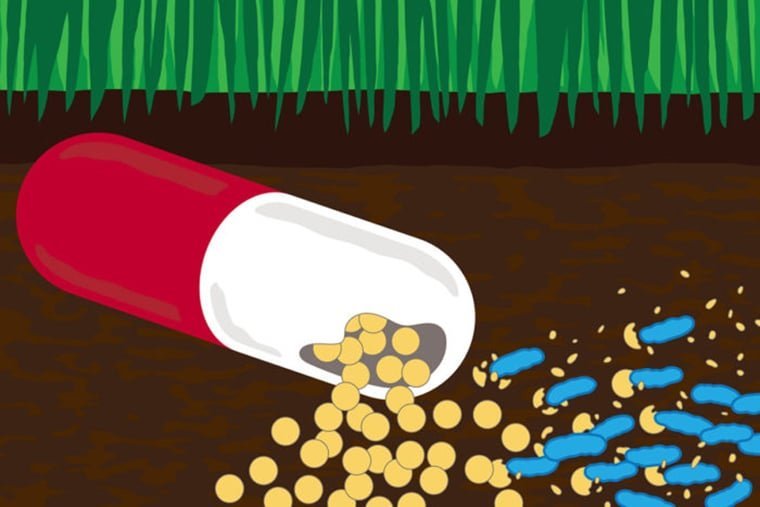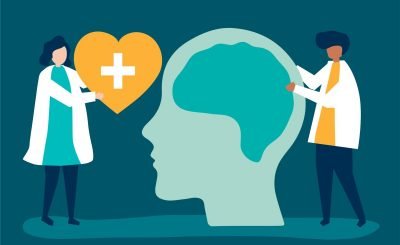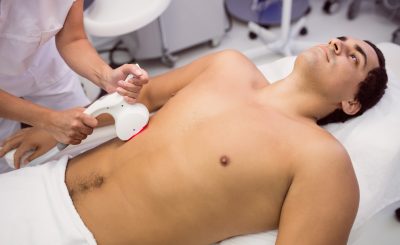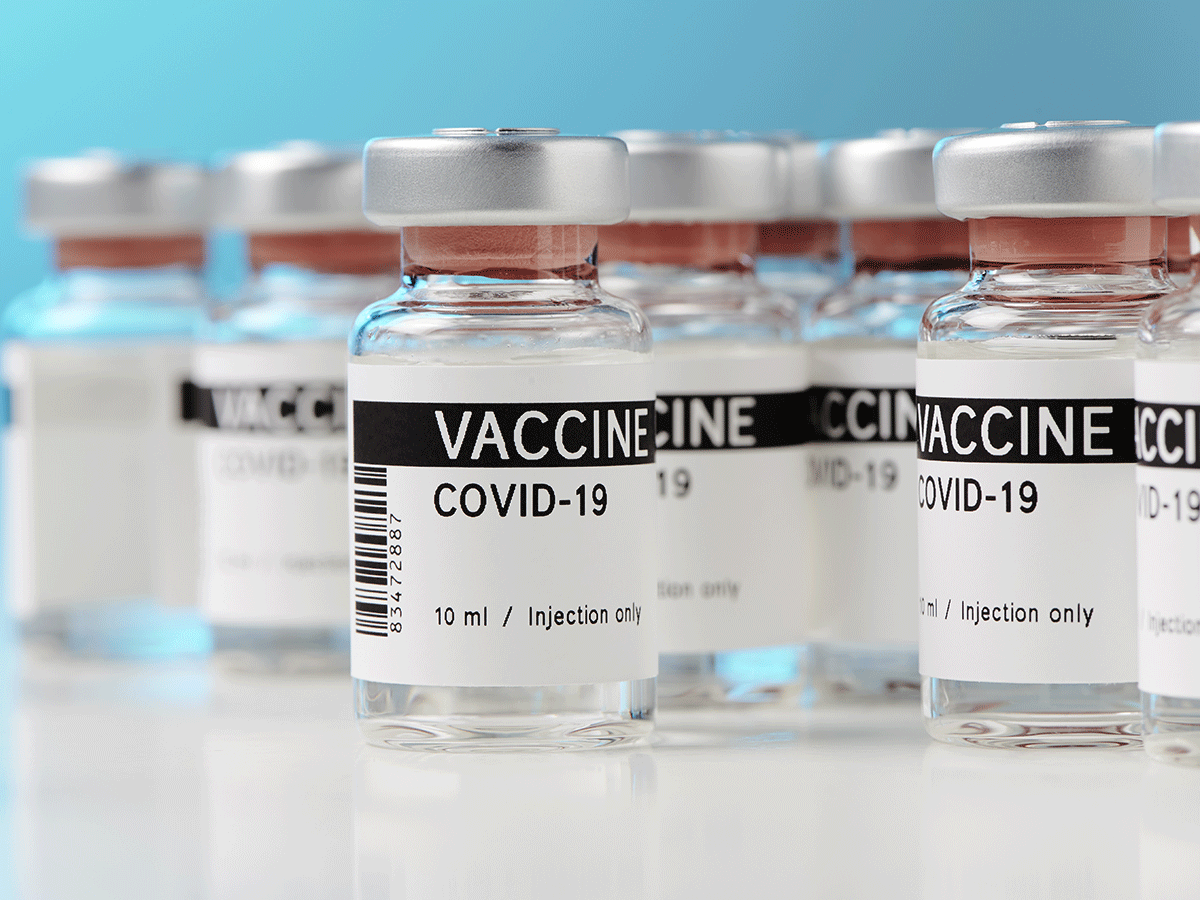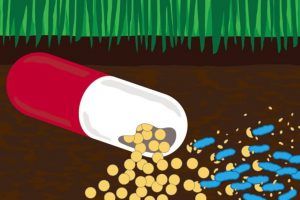
Scientists from the Washington University School of Medicine have found out the way by which some bacteria consume antibiotics as food. This finding paves the way for the development of new strategies to combat drug-resistant bacteria. Antibiotics are prescribed by doctors to combat potentially dangerous bacterial infections. However, excessive use of antibiotics has led to the evolution of drug-resistant bacteria or superbugs. Although there has been active research to combat superbugs, much emphasis has to be laid for effective elimination.
The antibiotic usage has increased at an alarming rate in agricultural practices and livestock. Also, many of the pharmaceutical companies dump their waste into water bodies leading to the accumulation of antibiotics in the soil as well as water. The bacteria which survive in these areas not only have drug resistance but also found ways to feed on the antibiotics. These bacteria easily transfer their resistance genes to other communities.
To understand the mechanism behind the survival of these bacterial species the research team studied four species of soil bacteria that solely feed on penicillin. The team found three genes that are active when they fed on penicillin and later became inactive when they consumed sugar. Initially, the bacteria used the enzyme β-lactamase to inactivate the toxin and later used special enzymes that were discovered in the study to break down the drug so that they can consume it.
Also Read: Taking Vitamin B6 helps you remember dreams
The three genes played an active role in this process. So this finding could pave the way to bioengineer the soil bacteria in a way that can be used to clean up the antibiotics in polluted land and water. But the soil bacteria are difficult to work as they take a lot of time to break antibiotics. So the viable alternative is to engineer E.coli to feed on antibiotics. But E.coli solely depends on sugar source to survive. However, with genetic modification and addition of key protein E.coli was able to survive on the sugar-free diet. Further research would involve speeding up the process of break down of antibiotics by the bacteria. So, one-day E.coli could be employed to clean up antibiotic spills in water bodies and polluted land. The research study is published in the journal Nature Chemical Biology.

